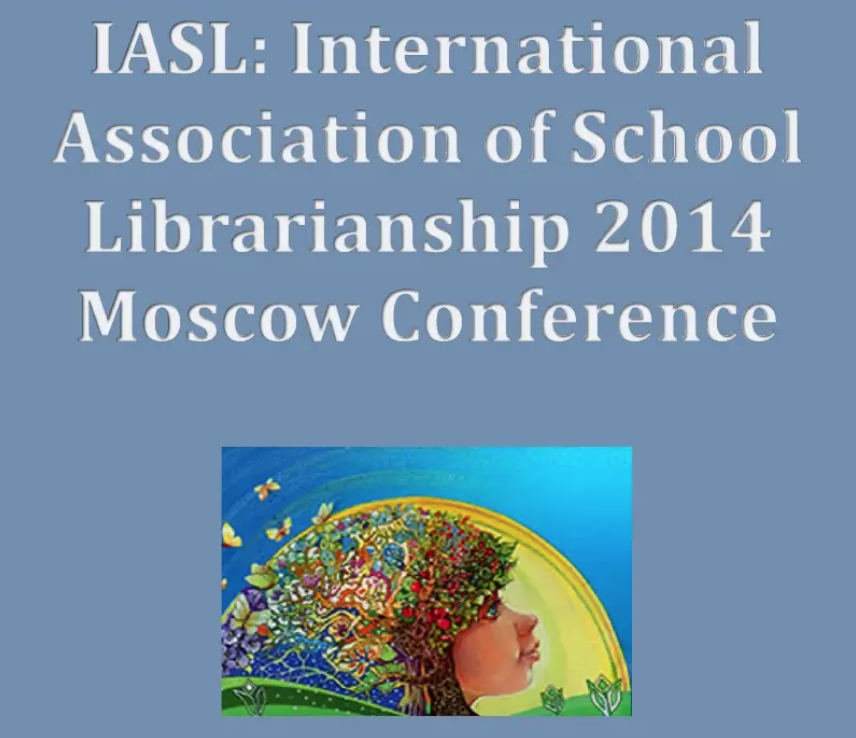Developing Online Master's Programs for Teacher-Librarians
A Brief History of School Library Education at a Distance
DOI:
https://doi.org/10.29173/iasl7871Abstract
Over the past four decades, in Australia, Canada and the USA, school library education at a distance has been delivered though three primary modes: (1) correspondence study; (2) two-way or interactive television and videoconferencing; and (3) Web-based online
learning management systems. The theoretical foundations of distance education emphasize that the particular technology or mode of distance education is not as important as the pedagogy employed. Major pedagogical approaches evident in school library education at a distance are: behaviourist/cognitivist; constructivist; and connectivist. This brief history of school library education at a distance focuses on efforts to free school library education from the bounds set by the traditional location and scheduling of library education--on-campus, in universities in cities, with regularly scheduled face-to-face meetings, most amenable to fulltime students. Today’s school library education at a distance is primarily an anytime/anyplace endeavour that is attractive to part time students who are employed full time.
Downloads
Published
Issue
Section
License

This work is licensed under a Creative Commons Attribution-NonCommercial-ShareAlike 4.0 International License.




